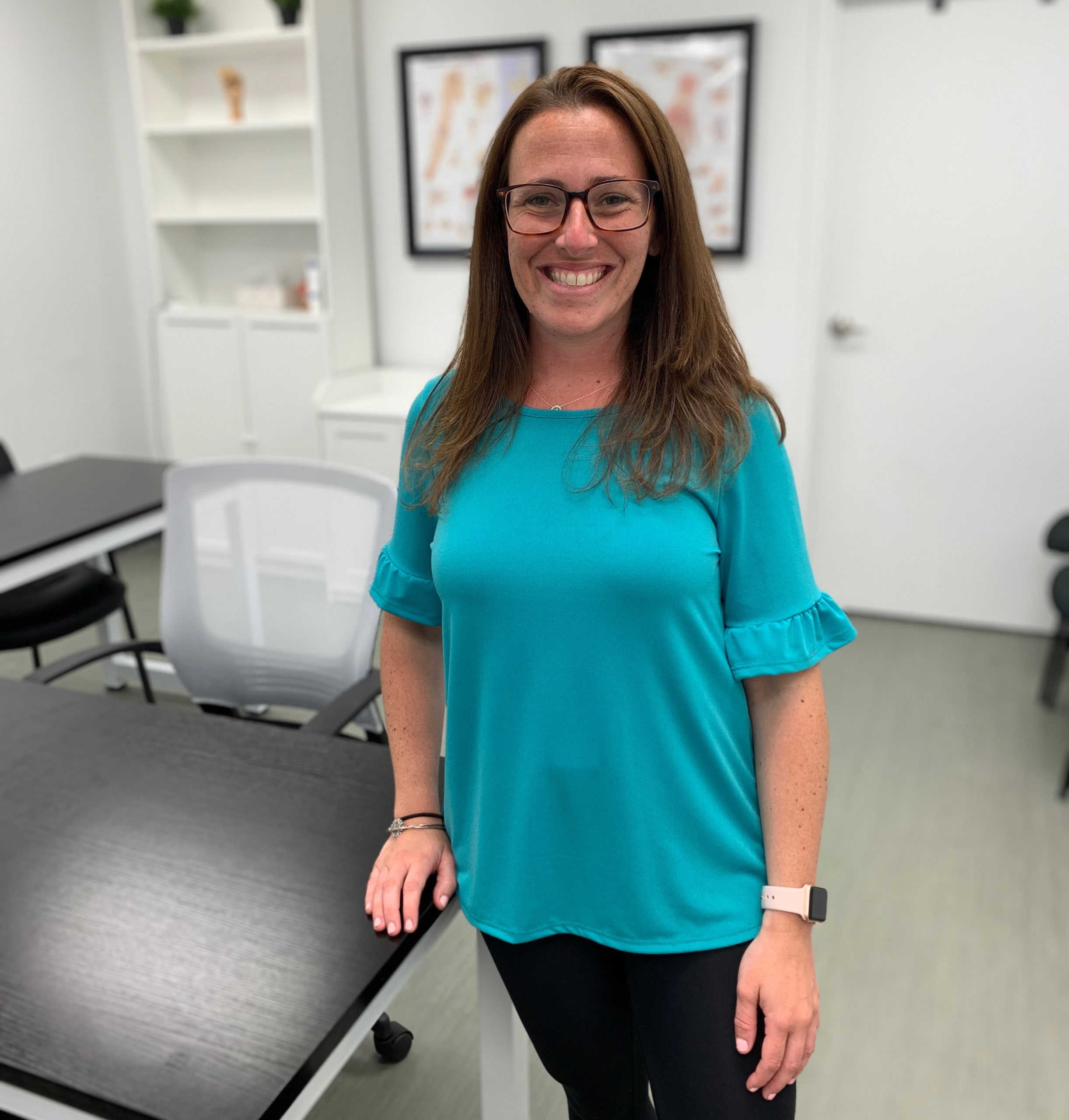
Auditory Processing Disorder (APD) condition causes problems with the way your ears process sound. This can affect people of all ages, but it's most common in children and young adults. It's a mental disorder that affects how your brain responds to acoustic sounds. The disorder causes problems with spoken, sung, or whispered words. With APD, you can't understand what people are saying because your ears don't hear the sounds correctly. Thus one has challenges carrying out simple tasks like hearing people in the room or understanding conversation.
Auditory Processing Disorder affects children in many different ways. It can affect how you hear sounds, how you process sound, and how you understand language. Children with APD often have trouble distinguishing between higher and lower frequencies, understanding patterns, and recognizing words. It affects all ages; kids and adults. Kids with APD often have problems understanding speech, listening to music, and hearing words. That can make you feel very uncomfortable when taking instructions or participating in a conversation. For a child, they may appear isolated, and if not well handled, the young one may end up in depression. Therefore, caretakers must be aware of the child's condition and help them go through that season to receive corrective treatment.
No definitive answer to this question. However, a few things are often associated with Auditory Processing Disorder. These include a lack of hearing in one or both ears, difficulty understanding words and sentences, and difficulty carrying out simple tasks like hearing people in the room or understanding conversation.
Audiometric testing is a common method used to diagnose Auditory Processing Disorder. This test measures how well your ears hear spoken, sung or whispered words. Audiometric testing is typically done during an interview or a normal conversation. The test can determine if you have APD and help you understand what people are saying.
No "one-size-fits-all" answer to how to treat Auditory Processing Disorder. It depends on the specific situation and the person's abilities. However, some common treatments can help kids with APD. One treatment is called Auditory Stimulation. This therapy uses sounds to improve your hearing. Another common treatment is called Auditory Deprivation. A type of therapy that involves leaving your ears unheated for a certain amount of time each day. This helps improve your hearing so that you can better hear acoustic sounds.
With APD, a few things can be done to improve the child's hearing. First, make sure they are getting enough sleep. Kids with APD often have trouble concentrating during the day, and they're more likely to fall asleep without listening to music or spoken word. Make sure they listen to calming sounds before bed and avoid noisy environments. To aid them in paying attention in class or during a conversation, use a headset to amplify the sound.
Parents and teachers should acknowledge the reality of APD and that the behavior and symptoms are not within the kid's control. What is within their control is recognizing the problems emanating from APD and applying the strategies recommended by the teacher and people at home.

1801 E 2nd St.
Scotch Plains, NJ 07076
Serving Westfield, Cranford, Berkeley Heights, Watchung, New Providence, and Summit